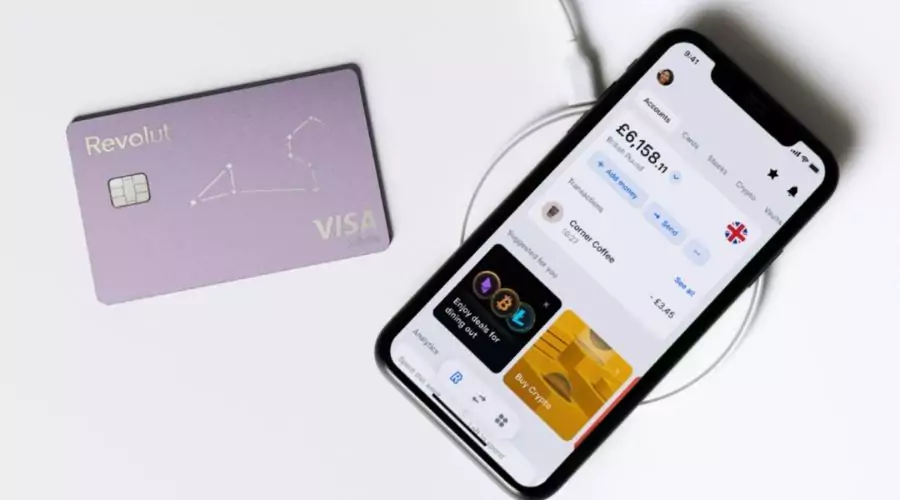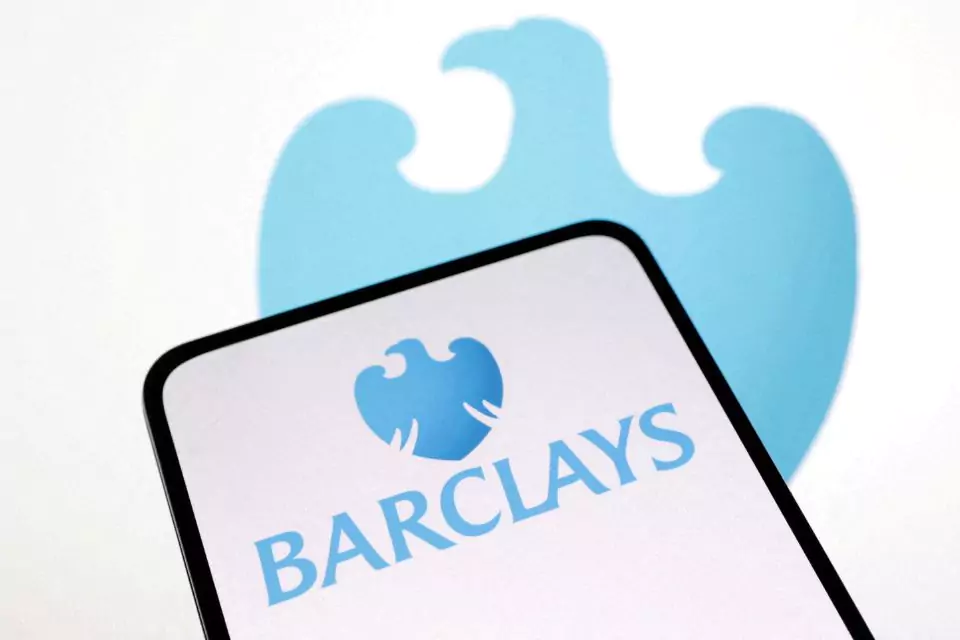Barclays Currency Exchange: In an increasingly interconnected world, the need to exchange currencies efficiently and at competitive rates has become a crucial aspect of international transactions. Whether you’re planning a vacation abroad, engaging in cross-border business transactions, or simply managing your finances across different countries, having access to reliable and cost-effective currency exchange services is paramount. This introduction explores two prominent players in the realm of currency exchange: Barclays and Revolut. Barclays, a renowned global financial institution, has established itself as a trusted name in banking and investment services over the years. With a rich history dating back to 1690, Barclays has evolved with the changing times to meet the demands of its diverse customer base. Today, the bank offers a wide range of financial products and services, including currency exchange, to cater to the needs of individuals and businesses alike.
On the other hand, Revolut has emerged as a disruptive force in the financial industry, revolutionizing the way people manage their money. Founded in 2015, Revolut quickly gained popularity with its innovative mobile banking app that offers a range of features, including seamless currency exchange at competitive rates. With its user-friendly interface, low fees, and extensive range of supported currencies, Revolut has garnered a dedicated user base, especially among frequent travellers and digital nomads. Read the following article curated by Trending Cult to learn more about Barclays currency exchange, Barclays bank currency exchange and exchange rate Barclays.
Overview of Barclays Currency Exchange:
Barclays, with its rich history dating back to 1690, is a globally recognized financial institution. Known for its wide range of banking and investment services, Barclays also offers currency exchange options to its customers. As a traditional bank, Barclays provides the advantage of stability and trust, catering to individuals and businesses alike. Barclays currency exchange allows customers to convert funds between different currencies. This service is available both online and at physical branches, making it accessible to a broad range of users. One of the key advantages of using Barclays currency exchange is the ability to leverage the bank’s vast network and global presence, which may result in better access to certain currencies and potentially more favourable rates.
Features of Barclays Currency Exchange:
- Exchange Rates: Barclays offers competitive exchange rates, although they may not always be the most favourable in the market. It is recommended to compare rates with other providers before committing to a currency exchange transaction.
- Fees: Barclays charges fees for currency exchange transactions, which can vary depending on the amount being exchanged and the specific currencies involved. It’s important to review the fee structure beforehand to understand the costs associated with the service.
- Supported Currencies: Barclays currency exchange supports a wide range of major currencies, making it suitable for most common currency exchange needs. However, it may not provide the same extensive coverage of exotic or less commonly traded currencies as some specialized currency exchange providers.
- Accessibility: Barclays currency exchange services are available through online banking platforms, mobile apps, and physical branch locations. This multi-channel accessibility ensures that customers can conveniently access the service according to their preferences and needs.
- Additional Services: Barclays offers additional services such as international wire transfers, foreign currency accounts, and travel money cards, providing customers with a comprehensive suite of options for managing their international finances.
Overview of Revolut Currency Exchange:

Revolut, founded in 2015, has rapidly gained popularity as a disruptive force in the financial industry. Revolut’s mobile banking app has attracted a dedicated user base with its innovative features, including seamless currency exchange at competitive rates. The app’s user-friendly interface, low fees, and extensive currency coverage have made it particularly appealing to frequent travellers and those managing international transactions.
Features of Revolut Currency Exchange:
- Exchange Rates: Revolut offers highly competitive exchange rates, often outperforming traditional banks. The app utilizes real-time interbank rates and offers exchange services without any hidden markups, providing customers with transparent and cost-effective currency conversion.
- Fees: Revolut’s fee structure is generally lower than that of traditional banks. While certain transactions are free, others may incur small fees depending on factors such as the account type, transaction volume, and currency conversion amount. It’s crucial to review the fee schedule to understand the costs associated with using Revolut.
- Supported Currencies: Revolut boasts an impressive range of supported currencies, including major, minor, and exotic currencies. This extensive coverage allows users to exchange and hold funds in various currencies, making it an attractive option for individuals and businesses with diverse international needs.
- Accessibility: Revolut’s mobile app provides users with a seamless and convenient platform for currency exchange. It allows customers to access their accounts, exchange currencies, and manage transactions on the go, providing flexibility and ease of use.
- Additional Services: In addition to currency exchange, Revolut offers features like multi-currency accounts, budgeting tools, peer-to-peer payments, and even cryptocurrency trading. These additional services make Revolut a comprehensive financial platform that goes beyond traditional currency exchange.
Comparing Barclays Currency Exchange and Revolut:

- Exchange Rates and Fees: While Barclays offers competitive rates, Revolut tends to have more favourable rates due to its use of interbank rates without markups. Revolut’s lower fees, especially for smaller transactions, give it an edge over traditional banks like Barclays.
- Supported Currencies: Revolut’s extensive currency coverage surpasses that of Barclays, making it the preferred choice for individuals dealing with a wider range of currencies, particularly exotic ones.
- Accessibility and Convenience: Revolut’s mobile app offers a user-friendly and intuitive interface, allowing users to conveniently manage their currency exchange transactions anytime, anywhere. Barclays, on the other hand, provides a multi-channel approach, including physical branches, which may be more suitable for customers who prefer face-to-face interactions.
- Additional Features: Revolut’s range of additional services, such as multi-currency accounts and budgeting tools, sets it apart from traditional banks like Barclays. These features offer enhanced flexibility and control over international finances.
Conclusion
In the realm of Barclays currency exchange, both Barclays and Revolut have distinct advantages and appeal to different types of customers. Barclays offers stability, a global presence, and a comprehensive suite of financial services. On the other hand, Revolut provides innovative technology, competitive rates, extensive currency coverage, and additional features that cater to the needs of frequent travellers and those with diverse international financial requirements. When choosing between Barclays currency exchange and Revolut, consider your specific needs, such as the currencies you frequently deal with, transaction volumes, preferred platform (online or in-person), and the level of additional features desired. It is recommended to evaluate and compare the services, exchange rates, and fees of both providers to make an informed decision that aligns with your requirements. Follow Trendingcult for more information.









